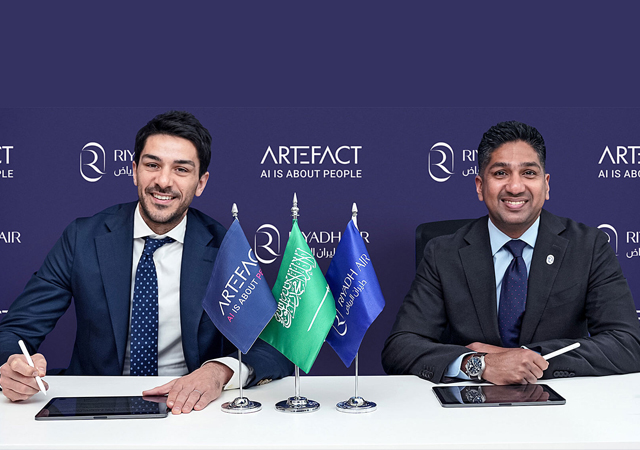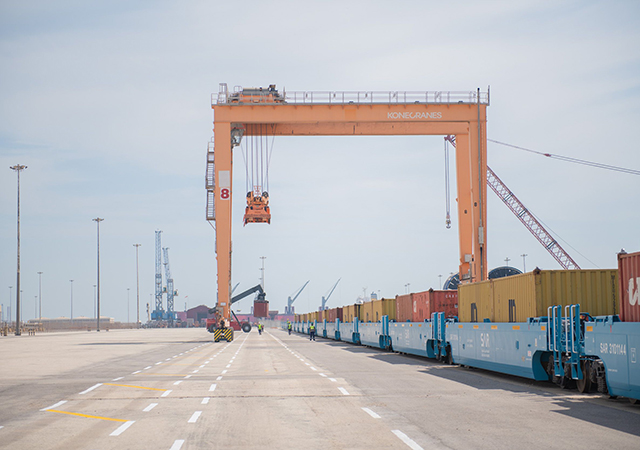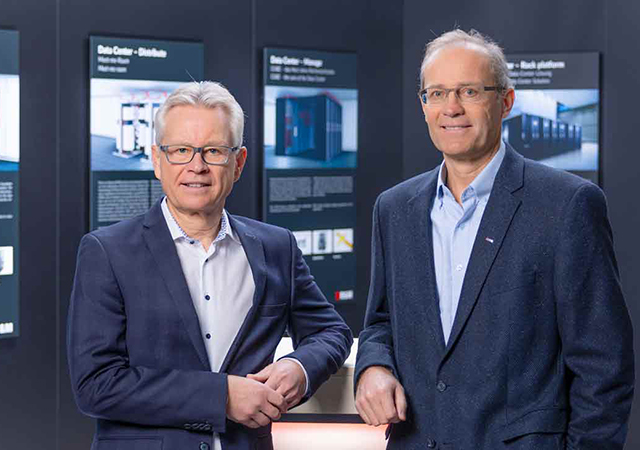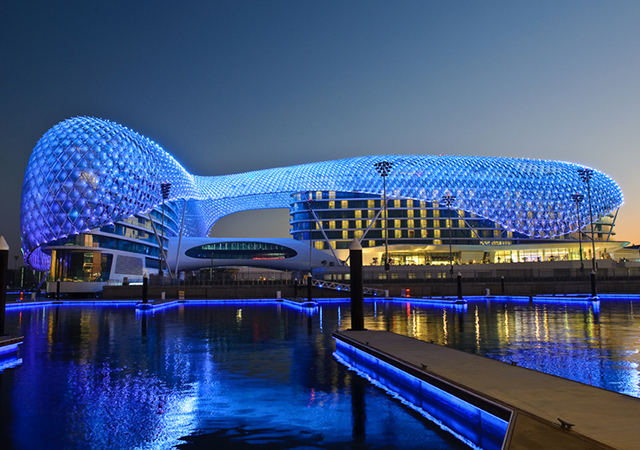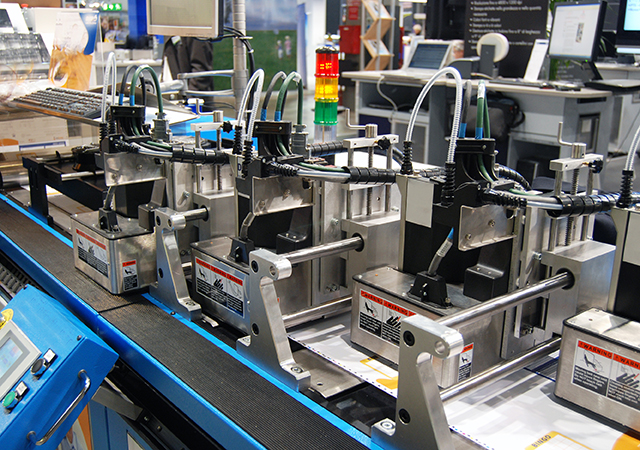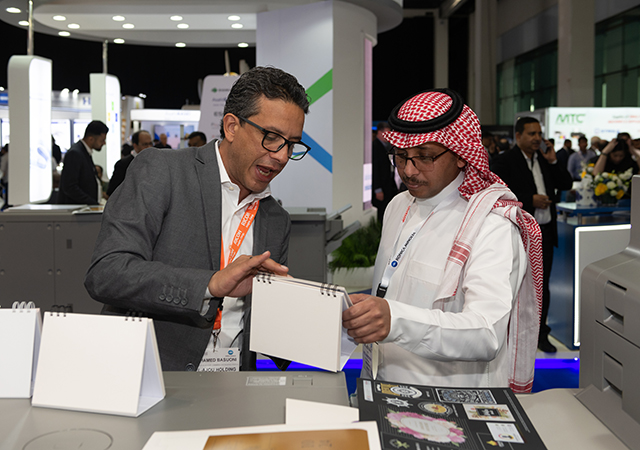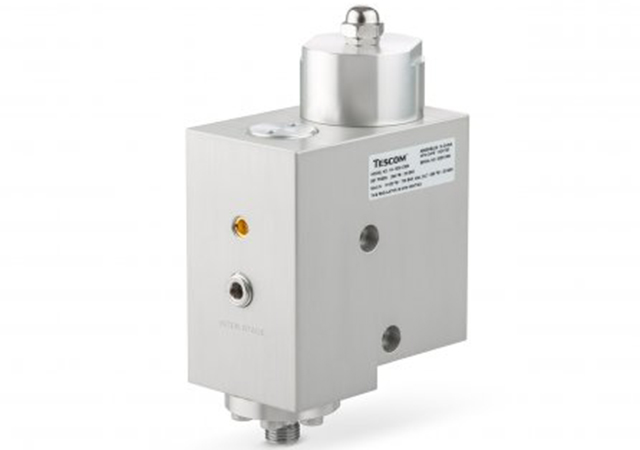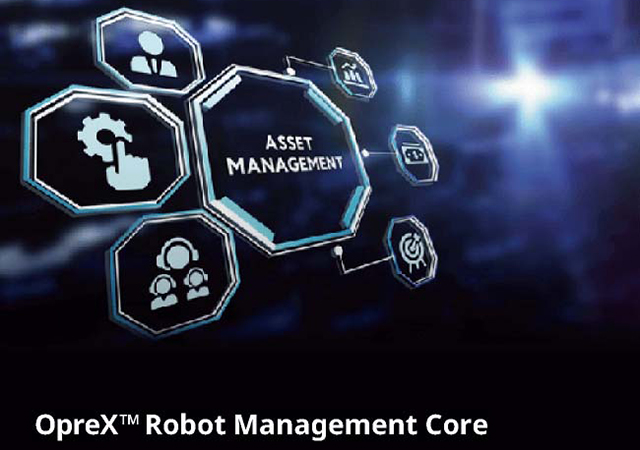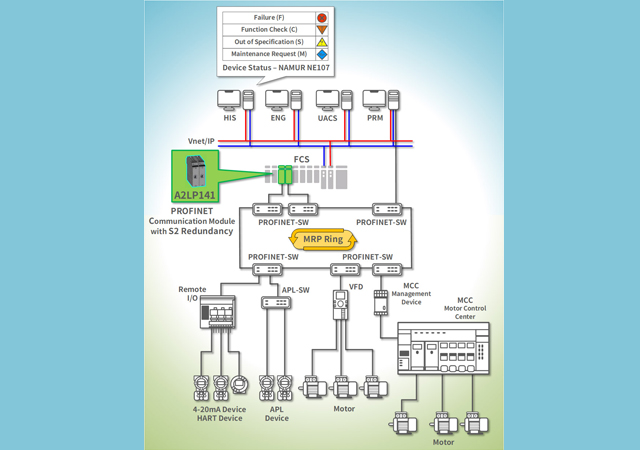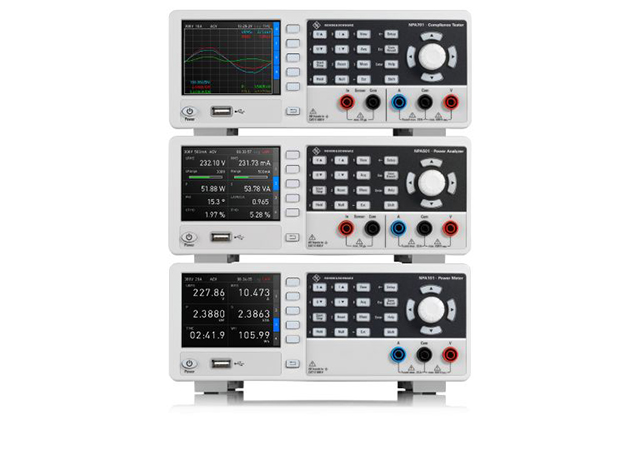
 Lindsey with parts of The Blade Compressor
Lindsey with parts of The Blade Compressor
Earlier this year, I watched the Abu Dhabi Sustainability Week (ADSW) with interest. With global warming set to rise 2.7 per cent by 2050, far short of the Paris Agreement binding 196 signatory countries to keeping that figure below 2 per cent, I’d say it was in all our interests. Mine were particularly piqued by the interlinked topics of ‘water wastage’ and ‘wastewater’.
Granted, they are subjects unlikely to spark mass attention – but they do concern everyone. Let me try and summarise things a little more clearly: Using water costs energy; the UAE uses too much (550 litres per capita is one of the highest rates in the world); Using water costs money; the UAE tariffs don’t cover the cost of providing it; Consumption needs to drop, so subsidies are falling and tariffs are going up as a deterrent.
Of course, the more water you use, the more money and energy you’ll waste. The water that flows from household taps and hoses or into hotel hot-tubs and pools, has been treated at desalination plants and will be cleaned for re-use at wastewater plants. Because water production in the UAE requires treatment at both ends of the cycle, each drop of tap water in the UAE has a higher carbon footprint than anywhere else in the world.
While new, higher tariffs may not be welcomed by all, they are globally still very low. Whether they go far enough to engender behavioural change remains to be seen. How do you convince those used to a standard of living not to wash their car so often, or not maintain a garden unsuited to the climate?
I’m not a resident in the UAE, so won’t proffer opinion on that. But I was intrigued when Tanzeed Alam of the Emirates Wildlife Society-World Wildlife Fund (EWS-WWF) said: “Something has been lost in the development of the country that makes people waste water.” Change won’t happen overnight. Where it can be immediate, though, is back at the desalination and wastewater
treatment plants.
Here, without getting bogged down in the details, machines called ‘blowers’ work around the clock to aerate the water and speed its purification. To put it another way, air bubbles through contaminated water to make it safe for you and I to drink. These machines use compressors which, ironically, also tend to consume too much energy, with either too much air leaking out or not being compressed properly. This is an easy win that addresses two of my original points – we can reduce the energy cost of water, and we can reduce the financial cost.
In the UK, one per cent of the total electricity consumption goes on wastewater treatment and well over half of that goes on blowers alone. Thinking more broadly, compressors – most of which barely differ from the designs of the 1800s – account for 10 per cent of Europe’s industrial electricity use and 40 per cent in some plants. That equates to over 10TWh of electricity every year and 4.3 million tonnes of CO2.
So what if I said a new, clean-sheet compressor design has been proven to deliver energy savings upwards of 20 per cent in energy intensive industries – including wastewater treatment? It represents a remarkable step-change when most industries try to optimise for one-to-two per cent gains.
Lontra’s Blade Compressor has a radically new geometry. A circular mechanism replaces the old ‘up and down’ piston technology, compressing air – or gas – in front and inducing air behind in continuous motion, minimising waste. The design is simple – no advanced materials or complex parts. It’s reliable, durable and easy to manufacture. It’s also easy to integrate into products and to scale up or down.
In a UK trial with Severn Trent Water, the Blade Compressor delivered energy savings of 21 per cent and the potential for a three per cent reduction in the company’s energy bill. If all the company’s blowers were equipped with this compressor, its £9 million ($11.53 million) spend on electricity for blowers would shrink by £1.8 million ($2.30 million).
The ground-breaking technology is now licensed for production within the £600 million per annum municipal and regulated wastewater industry to Sulzer, a global leader in pumping equipment.
With compressors ubiquitous the patent-protected technology can revolutionise everything from coffee machines to automotive superchargers. We opted to start with wastewater because of the holistic difference it can make.


